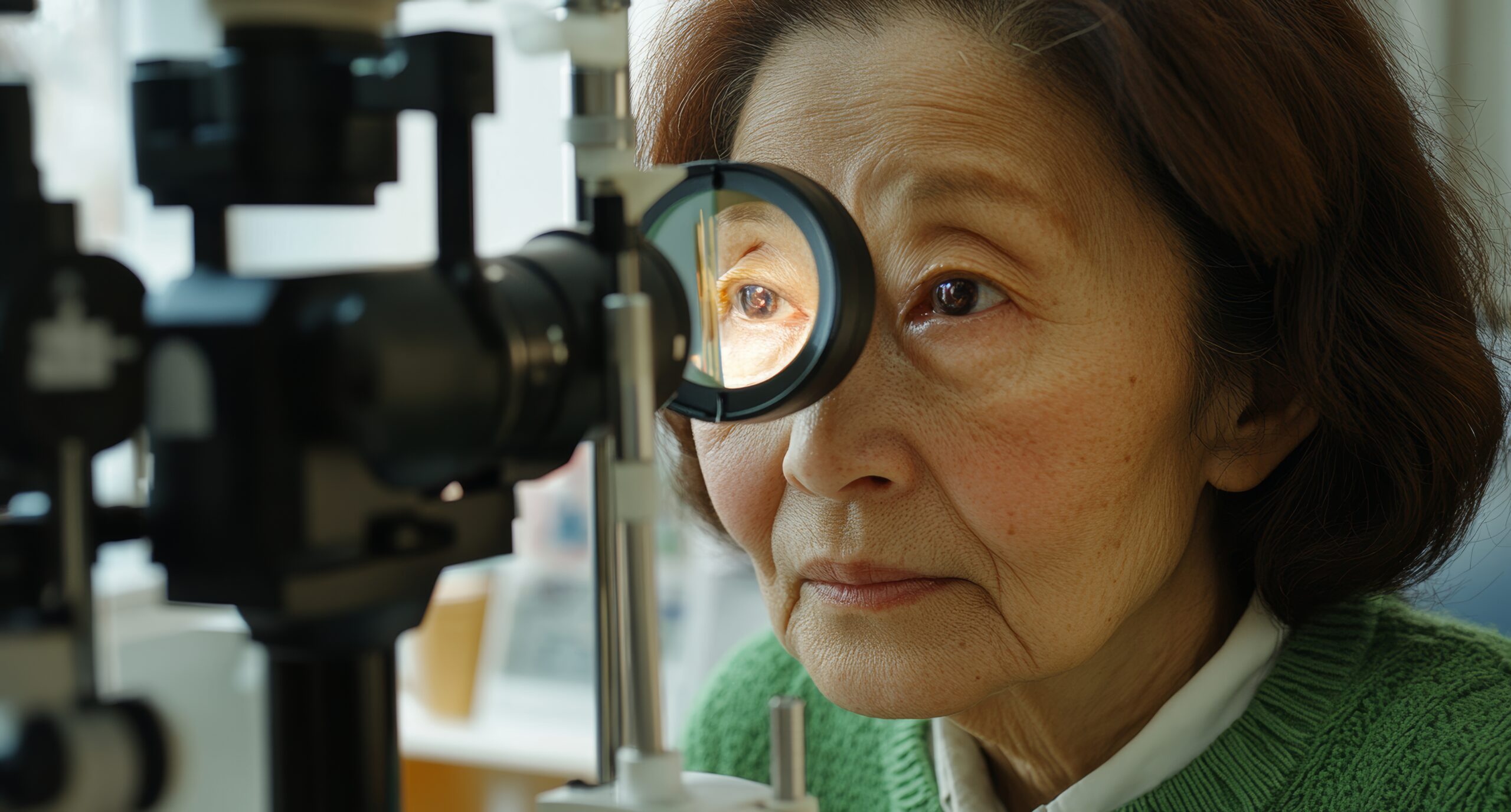Diabetic retinopathy is a common diabetic eye disease that can lead to vision loss from diabetes. This condition affects the blood vessels in the retina, which is the light-sensitive part of your eye. If you have diabetes, you are at risk for diabetic retinopathy. Early detection and care can help prevent serious problems. In this blog, you will learn about symptoms, causes, diagnosis, treatment, and ways to prevent diabetic retinopathy.
What Is Diabetic Retinopathy?
Diabetic retinopathy is an eye problem caused by high blood sugar from diabetes. Over time, high sugar levels damage the tiny blood vessels in your retina. As a result, these vessels can leak fluid or bleed, which may harm your vision. In some cases, new weak blood vessels grow, making things worse. This condition is a leading cause of vision loss from diabetes worldwide. According to the CDC, regular eye exams are key for early detection.
Symptoms of Diabetic Retinopathy
At first, you may not notice any symptoms. However, as the disease gets worse, you might see changes in your vision. For example, you may notice:
Because symptoms often appear late, regular retinal screening for diabetics is very important. Early treatment can help prevent vision loss from diabetes.
Causes and Risk Factors
Diabetic retinopathy happens when high blood sugar damages the blood vessels in your retina. But, several factors can raise your risk. These include:
Additionally, the longer you have diabetes, the higher your risk. Both type 1 and type 2 diabetes can cause this eye disease. According to the World Health Organization, good diabetes management lowers your risk.
How Diabetic Retinopathy Is Diagnosed
Doctors use a simple eye exam to check for diabetic retinopathy. During the exam, your eye specialist will:
Sometimes, your doctor may order more tests, such as optical coherence tomography (OCT) or a dye test called fluorescein angiography. These tests help find early signs of damage. Early diagnosis is key to preventing diabetic retinopathy from getting worse.
Treatment Options
Treatment depends on how severe your diabetic retinopathy is. In the early stages, your doctor may suggest better blood sugar control. As the disease progresses, you may need:
With timely treatment, many people can prevent vision loss from diabetes. According to the American Academy of Ophthalmology, regular follow-ups are important for the best results.
Prevention Tips and Lifestyle Guidance
While you cannot always prevent diabetic retinopathy, you can lower your risk. Here are some helpful tips:
By following these steps, you can help in preventing diabetic retinopathy and protect your eyesight.
When to See an Eye Specialist
If you have diabetes, you should see an eye specialist at least once a year. However, if you notice any changes in your vision, make an appointment right away. Early care can stop further damage. For example, sudden vision loss, blurred vision, or dark spots need urgent attention. Remember, regular check-ups are the best way to catch problems early.
Consult an eye specialist for personalized advice on diabetic retinopathy.

